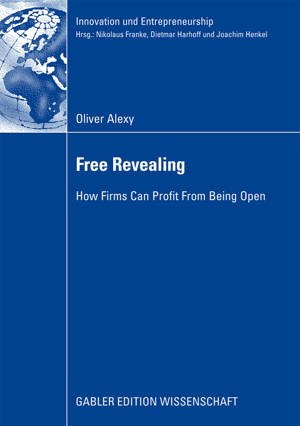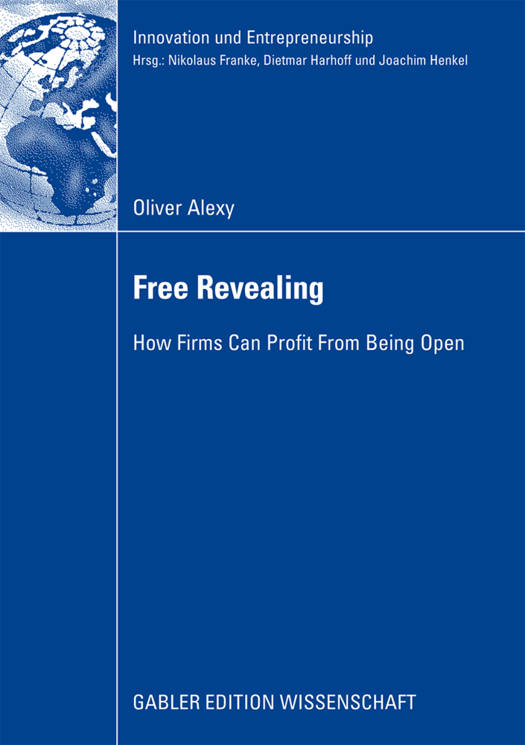
- Afhalen na 1 uur in een winkel met voorraad
- Gratis thuislevering in België vanaf € 30
- Ruim aanbod met 7 miljoen producten
- Afhalen na 1 uur in een winkel met voorraad
- Gratis thuislevering in België vanaf € 30
- Ruim aanbod met 7 miljoen producten
Zoeken
Omschrijving
Over the last decade, the commercial world has more and more embraced open source software such as the Linux operating system. What started out as an ideological movement for "Free Software" and as a hobbyists' thing has largely turned into a ma- stream part of the IT industry. By 2008, even the long-time open source critic Microsoft has created two open source licenses, and it comes as little surprise when Google - leases the complete mobile operating system stack of its Android phone as open source. Yet, how exactly open source software and in particular the open source style of software development are integrated into commercial enterprises is far from being - derstood. Research into open source software and open innovation more broadly only just starts to address these issues. But these questions are of obvious importance for firms considering to launch or extend their open source engagement, and of academic interest to scholars studying open innovation processes.
Specificaties
Betrokkenen
- Auteur(s):
- Uitgeverij:
Inhoud
- Aantal bladzijden:
- 214
- Taal:
- Engels
- Reeks:
Eigenschappen
- Productcode (EAN):
- 9783834914750
- Verschijningsdatum:
- 15/01/2009
- Uitvoering:
- Paperback
- Formaat:
- Trade paperback (VS)
- Afmetingen:
- 148 mm x 210 mm
- Gewicht:
- 294 g

Alleen bij Standaard Boekhandel
+ 105 punten op je klantenkaart van Standaard Boekhandel
Beoordelingen
We publiceren alleen reviews die voldoen aan de voorwaarden voor reviews. Bekijk onze voorwaarden voor reviews.











